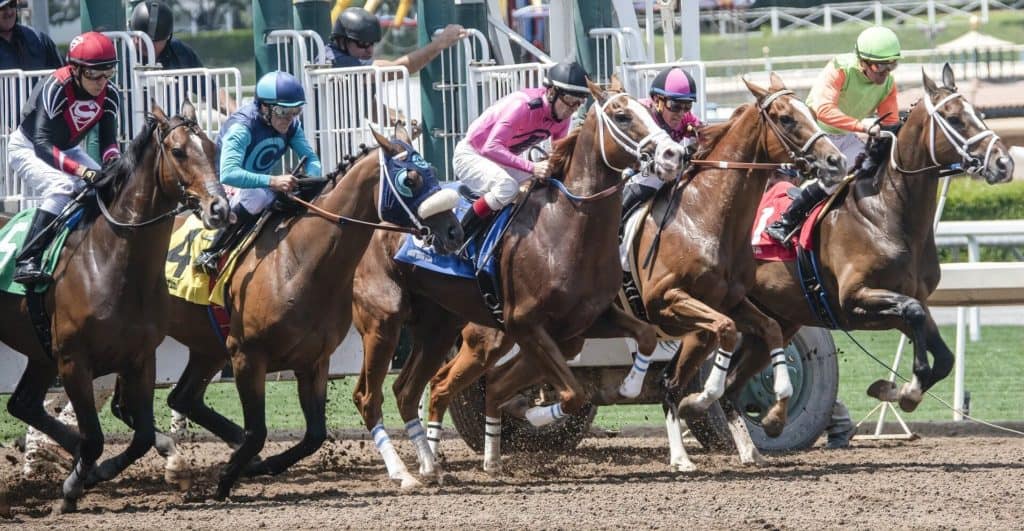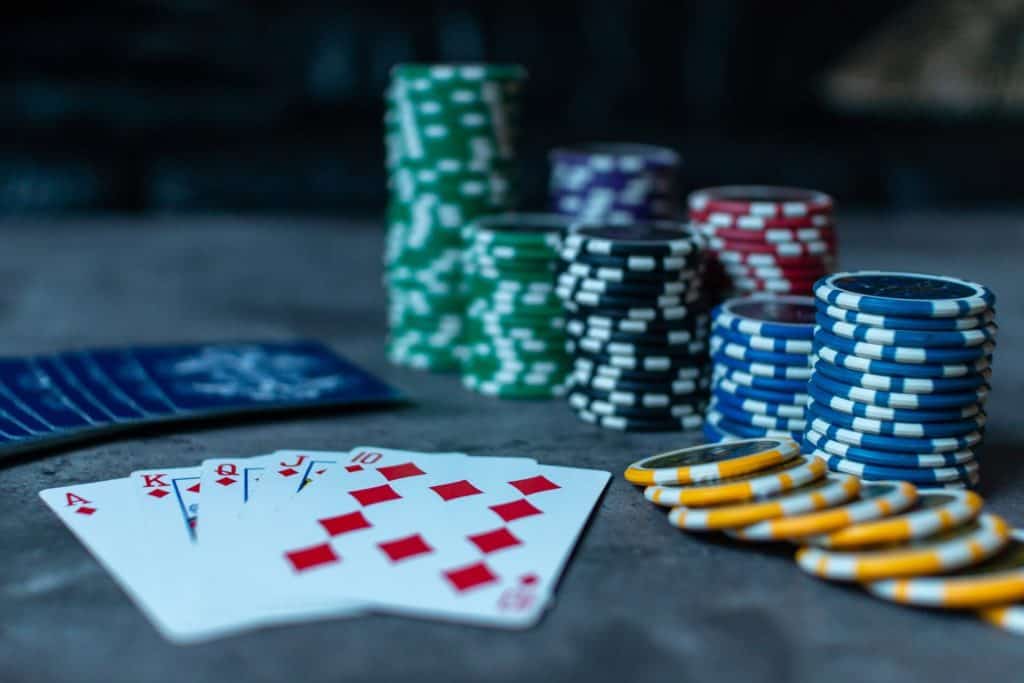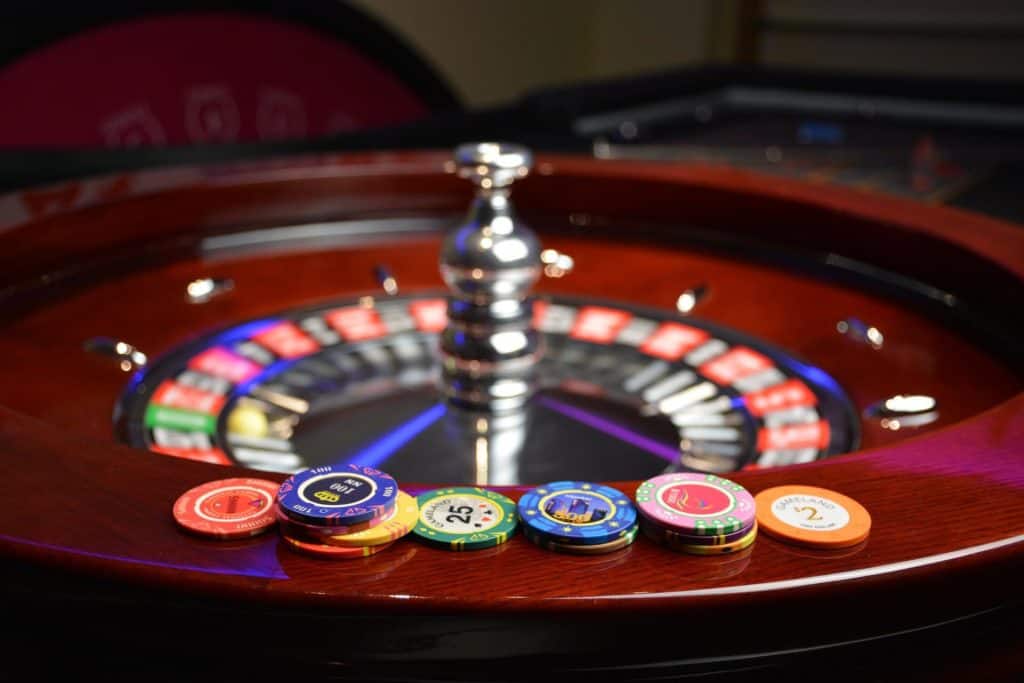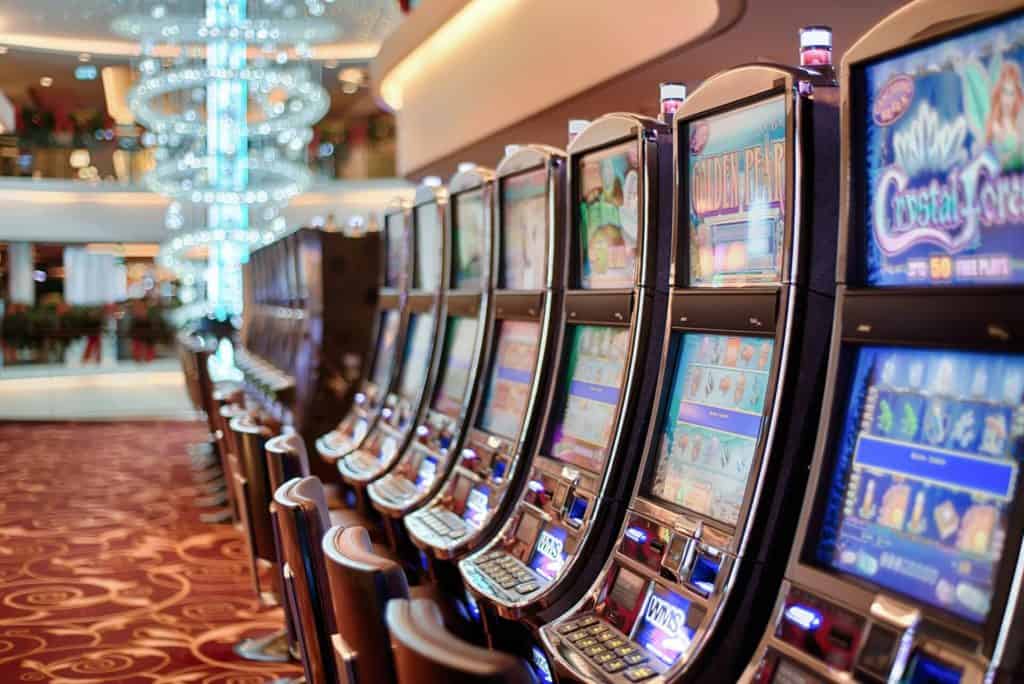Gambling Addiction
When someone gambles is can be under-control and a source of entertainment – but, what is a problem and what are the symptoms of addiction?
Gambling the addiction
Gambling as a form of addiction has been recognised by the medical profession since 1980. Like alcoholics and addicts who are addicted to alcohol and drugs and are dependent on them, gambling addicts are addicted to gambling and dependent on it. They cannot resist their impulse to gamble. This leads to financial problems, difficulties with partners and other family members and many other challenges including with employment. As a result, gambling addicts suffer problems with their mental health leading to serious depression and even suicidal ideation.
Self-control of Gambling

Many gamblers feel that if they could just understand why they gamble, then they could solve it. They will tend to think that it must be due to something outside their control – their job or their relationship, for example. Some will even say that they continue to gamble ‘just to end the bad run of luck – just one (big) win and I will stop’. They do not understand the powerlessness they have over gambling and the psychological urge that will not go away.
What started off as fun, a way of relaxing and even an opportunity to make money has become destructive and quite frightening. The ‘urge’ to gamble becomes more important than anything else in life. Although problem gamblers still doubtless love their families and know that other factors in their lives are extremely important to them, such as keeping a job, their gambling dominates everything. All other responsibilities and values such as integrity and self-respect are secondary to that need to gamble which might be a constant need or a very strong urge that comes on suddenly and irresistibly.
Consequences of and Sources of Gambling
Many gamblers will deny that they have no control over their gambling habit. They think it can be controlled with will power although it is self-evident to others that it cannot. They may point out that they do not gamble all the time. They may feel that ‘at least they do not have an alcohol or drug addiction’.
But a gambling addiction is as destructive and can be even more so. Gamblers can very quickly lose huge amounts of money and assets. Their mental health can be so affected that it can lead to suicide – a quick search on the internet shows many deaths of people due to their gambling habit and debts and this includes many young people. Around 500 people a year in the UK are believed to die due to their gambling habit. Studies have indicated that there are just under 2 million families blighted by gambling.
In the past, access to gambling may have been via the football pools, going into a betting shop or, for some, to the racing, the dogs or to a casino. Today there is much wider access to gambling via online sites and many more gambling activities to participate in.

Symptoms of Gambling Addiction
People with gambling problems often:
- Feel remorse after gambling
- Think about gambling much of the time
- Borrow money to gamble (it is now illegal to use credit cards to gamble)
- Gamble to win money to try and clear their debts
- Gamble to escape worry or trouble
- Gamble to celebrate!
- Think about or do commit crimes to finance gambling
- Are unreliable at work due to gambling
- Lose sleep due to gambling
- Have family problems due to their gambling
- Feel suicidal
Questions to identify a Gambling problem
Gamblers Anonymous have devised 20 questions to help identify a problem gambler. Most compulsive gamblers will answer yes to at least seven of these questions. The essence of them is as follows:
- Have you ever lost time from work or school due to gambling?
- Has gambling ever made your home life unhappy?
- Has gambling affected your reputation?
- Have you ever felt remorse after gambling?
- Have you ever gambled to get money with which to pay debts or otherwise solve financial difficulties
- Has gambling caused a decrease in your ambition or efficiency?
- After losing have you felt you must return as soon as possible and win back your losses?
- After a win have you had a strong urge to return and win more?
- Have you often gambled until your last pound was gone?
- Have you ever borrowed to finance your gambling?
- Have you ever sold anything to finance your gambling?
- Have you ever been reluctant to use “gambling money” for normal expenditure?
- Has gambling made you careless of the welfare of yourself or your family?
- Have you ever gambled longer than you had planned?
- Have you ever gambled to escape worry, trouble, boredom or loneliness?
- Have you ever committed, or considered committing, an illegal act to finance gambling?
- Has gambling caused you to have difficulty in sleeping?
- Do arguments, disappointments or frustrations create within you an urge to gamble?
- Have you ever had an urge to celebrate good fortune by a few hours of gambling?
- Have you ever considered self destruction or suicide as a result of your gambling?

Taking action on a Gambling Addiction
If you are concerned about someone you care about, you can probably answer these questions for them.
Help is available for gambling addicts through support groups and paid for private rehab. Gamblers will be educated about their powerlessness around gambling and their need to become totally abstinent. They will need to consider all that is at risk if they do not stop. In some ways it is a ‘no brainer’: what are they giving up? Fear and worry, misery and pain and a blight on their lives! If the compulsive gambling does not stop, it will get worse and worse (it is what is known as a progressive illness) until it totally destroys the life of the gambler and the people who love and care about them.
Just stopping gambling on its own is unlikely to be the full solution to the problem. Just as the ‘dry drunk’ is not likely to be happy, so the abstinent gambler needs help and support in order to be content in his or her new life. Rehab or Gamblers Anonymous can help.

